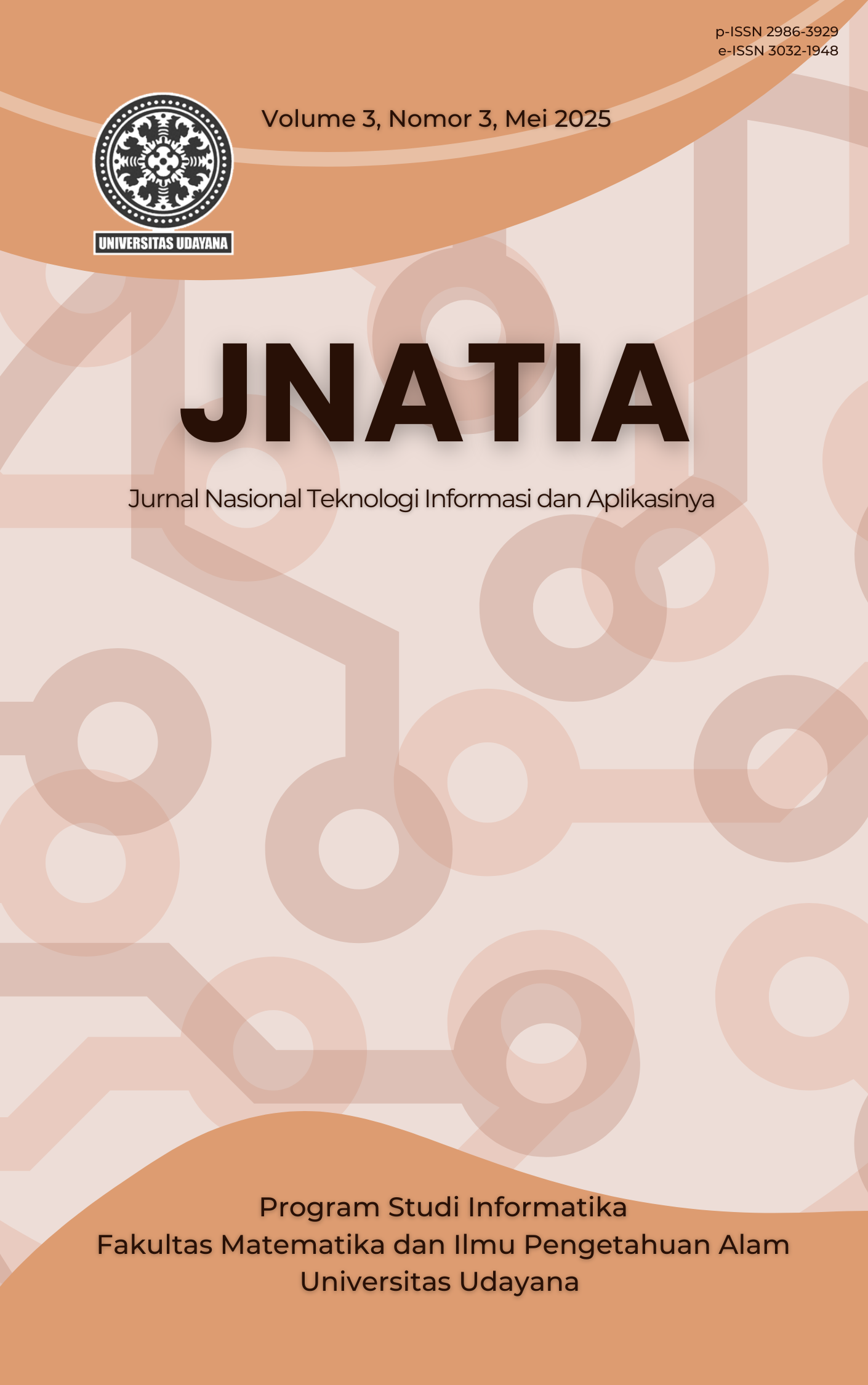Penggunaan Metode SVM dan Naive Bayes pada Analisis Sentiment Ulasan Aplikasi Edlink
Abstract
Information technology has changed the educational landscape with the emergence of e-learning applications, including Edlink, a Learning Management System (MLS) platform that provides various educational features. User reviews are an important factor in evaluating app quality, and sentiment analysis is a useful tool for understanding these reviews. This research uses the Support Vector Machine (SVM) and Naive Bayes methods to analyze the sentiment of Edlink reviews. The dataset was obtained from GitHub and processed through the TF-IDF preprocessing and feature extraction stages. SVM and Naive Bayes were trained with this data and evaluated using a confusion matrix. The results show that SVM performs better than Naive Bayes, with an accuracy value of around 90%. In 1814 reviews, SVM provided higher precision, recall, and f1-score values for both sentiments (positive and negative) compared to Naive Bayes.





